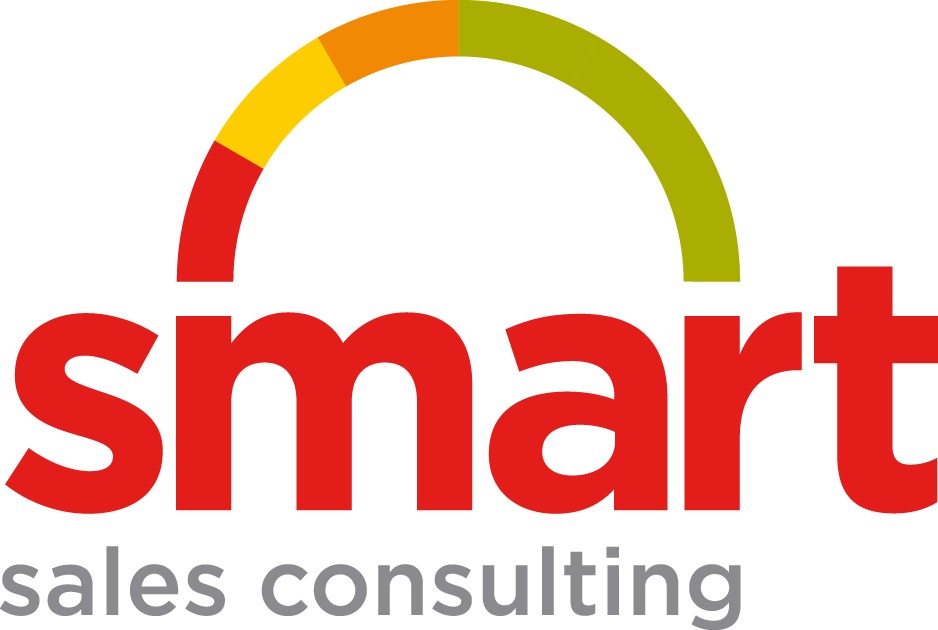Seven Essential Components for an Effective Sales Training Program
Sales training plays a crucial role in shaping the future success of your new sales hires within your company. A well-implemented program can equip them with the necessary skills and knowledge to excel in their roles. To ensure your sales training program is impactful, consider incorporating the following seven essential components:
1. Mastering Essential Sales Skills
Even experienced sales representatives can benefit from refreshing their fundamental sales skills. Take the opportunity during training to reinforce key competencies, such as:
· Prospecting: Teach effective methods for finding and identifying potential leads.
· Cold emailing: Guide representatives on crafting persuasive and personalised cold emails.
· Cold calling: Provide techniques to engage prospects and overcome objections over the phone.
· Sales demonstrations: Train on delivering compelling and engaging product or service presentations.
· Proposal development: Teach the art of creating persuasive proposals tailored to customer needs.
· Closing techniques: Share proven strategies for confidently closing deals.
· Onboarding clients: Guide representatives on post-deal client onboarding processes.
To maximise the effectiveness of skill training, incorporate demonstrations and role-playing exercises. Utilise video examples to cater to different learning styles. Additionally, encourage trainees to observe real-life phone calls and meetings, allowing them to learn from top performers and model their skills.
2. Cultivating Customer Empathy
Developing genuine empathy for customers is a crucial trait for sales representatives. Your training program should emphasise understanding the customer experience at every stage of the sales process, from initial contact to deal closure.
· Exercise empathy: Instead of merely reviewing buyer personas, create exercises based on real-world situations that evoke empathy for target customers. Encourage new representatives to role-play as customers to gain first hand insight. Additionally, facilitate meetings between new hires and valued customers to offer valuable perspectives.
· Address pain points: If there are specific pain points essential to your Unique Selling Proposition, design exercises that allow representatives to experience those challenges. For example, if your product streamlines clothing stocking for retail employees, have trainees organise merchandise manually to grasp the inefficiencies.
3. In-Depth Product and Market Knowledge
Your sales training program should equip representatives with comprehensive information about your products or services and the market you operate in. Highlight your Unique Selling Proposition throughout the training to empower representatives with intelligent answers when asked about differentiation from competitors.
· Hands-on product training: Provide opportunities for trainees to use the products themselves. Consider inviting software developers and product engineers to share little-known features that can aid sales representatives in closing deals.
· Familiarity with marketing content: Ensure trainees are well-versed not only in product details and buyer personas but also in your marketing content library. This will enable them to connect prospective customers with relevant resources during the sales process.
· Observe sales demonstrations: Allow trainees to witness a sales demonstration from one of your experienced representatives. Later, ask them to perform a mock sales pitch to solidify their understanding.
4. Understanding Your Sales Process
It is vital to educate new hires about your specific sales process. Even if they have prior sales experience, their previous processes may differ from your own. Ensure that all trainees have a comprehensive understanding of your unique methods, including:
· Lead generation strategies: Teach preferred techniques for generating quality leads.
· Prospect qualification: Share your process for effectively qualifying prospects.
· Sales funnel stages: Define and explain the different stages of your sales funnel.
· Guiding prospects: Provide guidance on effectively navigating prospects through the sales process.
· Proposal creation: Train on creating compelling proposals tailored to customer needs.
· Closing techniques: Share proven strategies for closing deals successfully.
· Up-selling and cross-selling: Teach techniques to identify opportunities for additional sales.
· Post-deal customer experience: Guide representatives on providing exceptional service to customers after the deal is signed.
To effectively teach your methods, utilise detailed case studies and incorporate role-playing exercises. Engage trainees by allowing them to practice prospect qualification using example prospects. Real-life cases can add a sense of realism to the training.
5. Effective CRM Training
Proficiency in using Customer Relationship Management (CRM) systems is crucial for modern sales representatives. Provide specialised CRM training specific to your company's processes and any customisations made to the software. While vendor-provided training materials are helpful, supplement them with more tailored instruction.
· Hands-on software training: Allow trainees multiple opportunities to use the CRM system directly. Train them on entering new data, utilising search functions, and updating existing account information. To make CRM training engaging, turn it into a scavenger hunt where trainees locate specific information within the system. Consider offering a prize to the winning team.
6. Fostering Team Building
Promote a sense of camaraderie among new hires by incorporating team-building exercises throughout the training program. Group activities should be integrated alongside business-focused training to encourage bonding and collaboration.
· Rotating group compositions: Continually mix up the groups to maximise interactions among trainees and help them get to know their new colleagues.
· Fun group activities: Occasionally include enjoyable group outings or activities to inject energy and foster connections among the trainees.
7. Regular Assessment
Incorporating regular assessments into the training process is essential to customise training based on individual strengths and weaknesses and measure module effectiveness.
· Self-assessment and external evaluation: Encourage trainees to assess their own growth by providing self-assessment opportunities throughout the training period. Additionally, consider external evaluation methods to provide an objective perspective on their progress.
· Practical assessments: Include hands-on assessments, such as mock product demonstrations, to evaluate representatives' skills and provide valuable learning opportunities.
By implementing these seven components, your sales training program will equip new hires with the necessary skills, knowledge, and empathy to excel in their roles. Remember, ongoing improvement and refinement are crucial, so continuously evaluate and adapt your training program to meet evolving needs and challenges.
